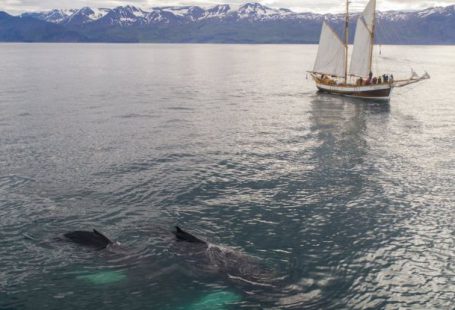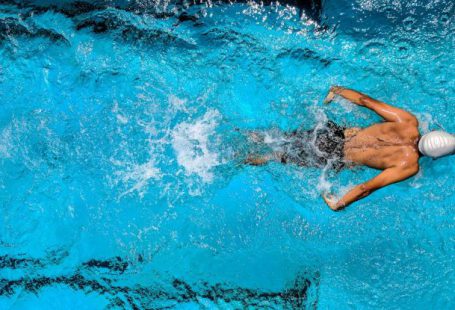Diving is a thrilling and unique experience that allows individuals to explore the mesmerizing underwater world. Whether you are a beginner or an experienced diver, it is essential to prioritize safety and environmental responsibility while diving. Practicing responsible diving not only ensures your safety but also helps protect the delicate marine ecosystems. In this article, we will discuss guidelines and tips to help you become a more responsible diver.
### Understanding Your Impact
Before you embark on a diving adventure, it is crucial to understand the impact that divers can have on marine environments. Marine ecosystems are fragile, and even small disturbances can have a significant impact on the delicate balance of underwater life. As a responsible diver, it is your duty to minimize your impact on the environment and marine life.
### Respect Marine Life
One of the fundamental principles of responsible diving is to respect marine life. Avoid touching, chasing, or disturbing marine creatures in their natural habitat. Remember that you are a guest in their home, and it is essential to observe them from a respectful distance. Resist the temptation to collect souvenirs or artifacts from the ocean floor, as this can disrupt the ecosystem.
### Dive Within Your Limits
Safety should always be a top priority when diving. Before entering the water, ensure that you are properly trained and certified for the dive you are undertaking. Dive within your limits and do not attempt dives that are beyond your skill level. Always dive with a buddy and follow the instructions of your dive leader to ensure a safe and enjoyable experience.
### Practice Good Buoyancy Control
Maintaining good buoyancy control is not only essential for your safety but also helps protect the delicate marine environment. Proper buoyancy control allows you to move through the water without damaging coral reefs or stirring up sediment. Practice buoyancy control techniques regularly to improve your skills and minimize your impact on the underwater ecosystem.
### Dispose of Waste Properly
One of the key principles of responsible diving is to leave no trace behind. Avoid littering or discarding any waste into the ocean. Dispose of any trash or debris properly when you are back on the boat or on land. Consider participating in beach clean-up initiatives to help keep our oceans clean and free of pollution.
### Choose Eco-Friendly Dive Operators
When selecting a dive operator for your underwater adventures, choose companies that prioritize environmental sustainability. Eco-friendly dive operators follow practices that minimize their impact on the environment, such as using reef-safe sunscreen, avoiding anchoring on coral reefs, and supporting marine conservation initiatives. By supporting eco-friendly dive operators, you are contributing to the protection of marine ecosystems.
### Stay Informed and Educated
Continuing education is key to becoming a more responsible diver. Stay informed about the latest developments in diving practices and marine conservation efforts. Take courses on environmental awareness and marine conservation to deepen your understanding of the issues facing our oceans. By educating yourself, you can become a more informed and conscientious diver.
### Conclusion: Dive Responsibly for a Sustainable Future
In conclusion, practicing responsible diving is essential for the safety of divers and the preservation of marine ecosystems. By following the guidelines and tips outlined in this article, you can become a more responsible and environmentally conscious diver. Remember to respect marine life, dive within your limits, practice good buoyancy control, dispose of waste properly, choose eco-friendly dive operators, and stay informed and educated. Together, we can ensure a sustainable future for our oceans and marine life. Dive responsibly and make a positive impact on the underwater world.





